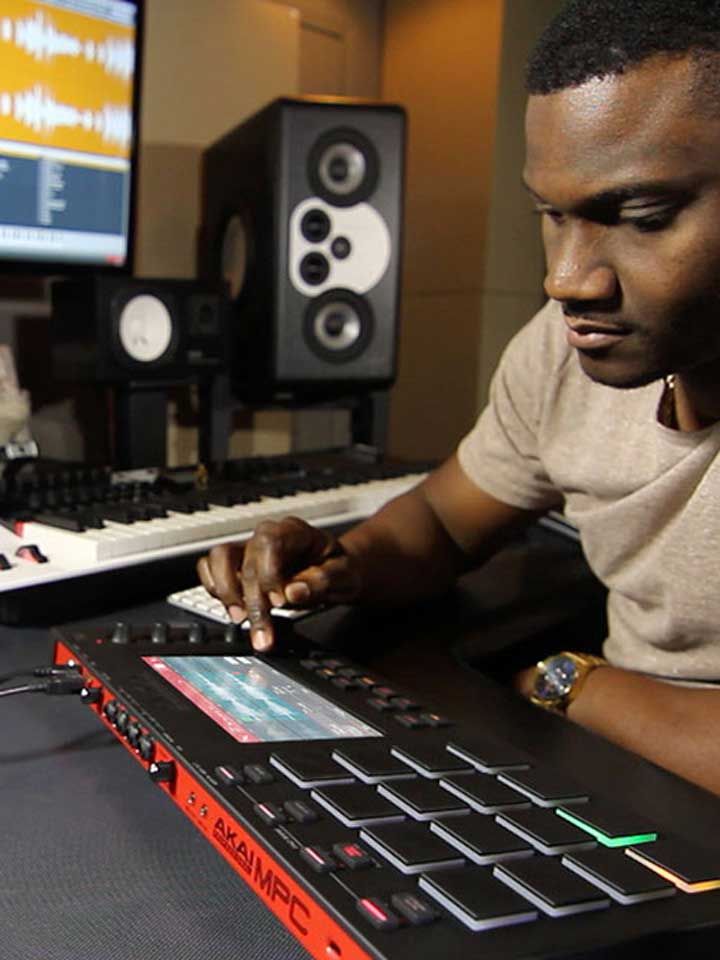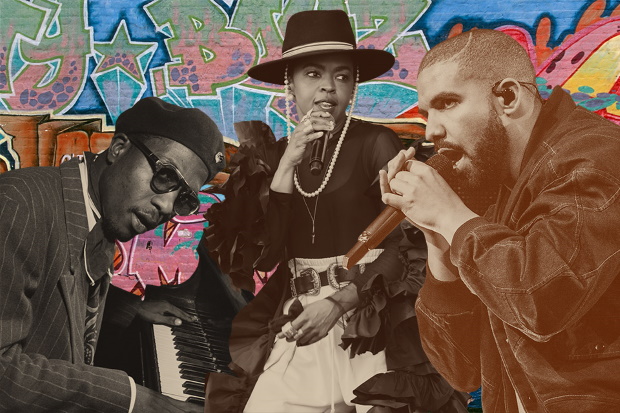


The music is often used as a vehicle to express socially conscious and political themes, shining a light on racism, inequality, and police brutality.
Beat this a hip hop history plus#
Facing neglect from the state and a lack of opportunity in disadvantaged, often impoverished neighborhoods, hip-hop provided inner-city youths with a platform, a sound of their own with which to voice their own interests and issues, plus the chance for financial gain and upward social mobility.īuilt on these foundations, hip-hop established and has retained a progressive, independent culture with a somewhat anti-establishment agenda. The genre originally emerged out of housing projects in the Bronx that were home to predominantly working class, African American communities. To properly understand the context and give due credit to the importance of hip-hop music and culture, we have to go back to the roots in 1970s New York City. That said, instrumental hip-hop takes the formula of the functional hip-hop beat from the background and puts it right in center stage, giving artists the freedom to push into more experimental sounds, with greater flexibility to showcase more complex musical twists and turns.

Some of the heaviest tracks require a light touch not cluttering the mix and leaving ample space for the vocal part to cut through takes a degree of subtlety and control, a keen ear for detail that comes with experience. Rapping is generally the main focus of hip-hop music, positioned in the forefront of the mix and the listener’s attention, and producers tend to think of this specifically when making a hip-hop beat.


 0 kommentar(er)
0 kommentar(er)
